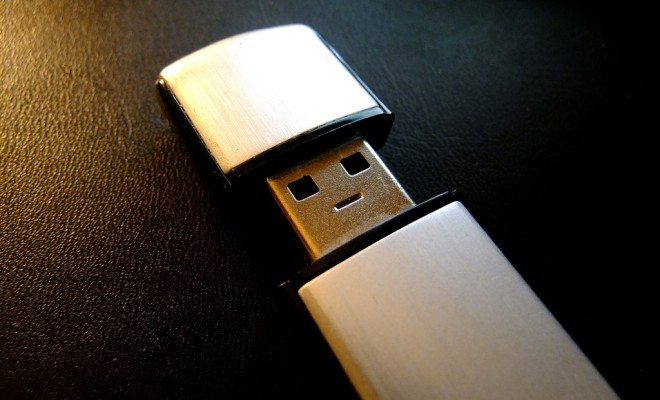 "USB Bloke" courtesy of [Paul via Flickr]
"USB Bloke" courtesy of [Paul via Flickr]
World
Flash Drives for Freedom: Smuggling Information into North Korea
Do you have a bunch of old flash drives lying around, filled with college essays, or downloaded episodes of TV shows, or even just empty? In the age of online storage and the cloud, flash drives have seemingly joined CD-Roms and floppy disks as practically defunct storage devices. But a new project called “Flash Drives for Freedom” wants to put your old flash drives to work–by sending them to North Korea.
The concept is a lot simpler than it sounds. One of the ways that North Korea’s oppressive regime keeps a hold on its citizens is by constantly exposing them to propaganda. By exposing North Koreans to other media–for example, Korean-language Wikipedia pages, or South Korean TV shows–they can discover the world outside North Korea’s oppressive borders. Some American imports have also been popular, including the parts of the Seth Rogan and James Franco movie about North Korea, “The Interview,” the Hunger Games franchise, and the ABC show “Desperate Housewives.”
The content put on the flash drives is curated by North Korean defectors who have managed to escape, and they’ve done focus groups with refugees to try to figure out what kind of content will be most effective. The project is a joint effort between the Human Rights Foundation and a California-based start up called Forum280, and works with groups that smuggle goods into North Korea. The project is asking for people to donate their old flash drives; according to the project’s website:
Each year, these groups collectively smuggle fewer than 10,000 flash drives. They could send many more, but are limited by the fact that they have to purchase the drives on the internet at retail cost. By gifting them drives, Flash Drives for Freedom allows them to focus in 2016 on programs and future work rather than spend time and money on purchasing equipment.
The flash drives are smuggled in through a few different methods–by foot, as well as by balloon. Obviously, given the difficulty of these methods, some of the flash drives don’t reach their intended destinations. But, the effort is still remarkable. As Alex Gladstein, Chief Strategy Officer at the Human Rights Foundation, told Angela McCormack and Tom Tilley of Hack:
Every single flash drive that we send in is a window to the outside world for someone in North Korea. Now what they do with that information – that’s not up to us, it’s their decision…Perhaps they do nothing, perhaps they decide to escape. Perhaps they decide to challenge their local authority. There could be a million different ways that they end up living their life…It doesn’t really matter what kind of information people are getting, as long as it’s different to the stuff they’re being fed, the propaganda they’re being fed every day.








Comments